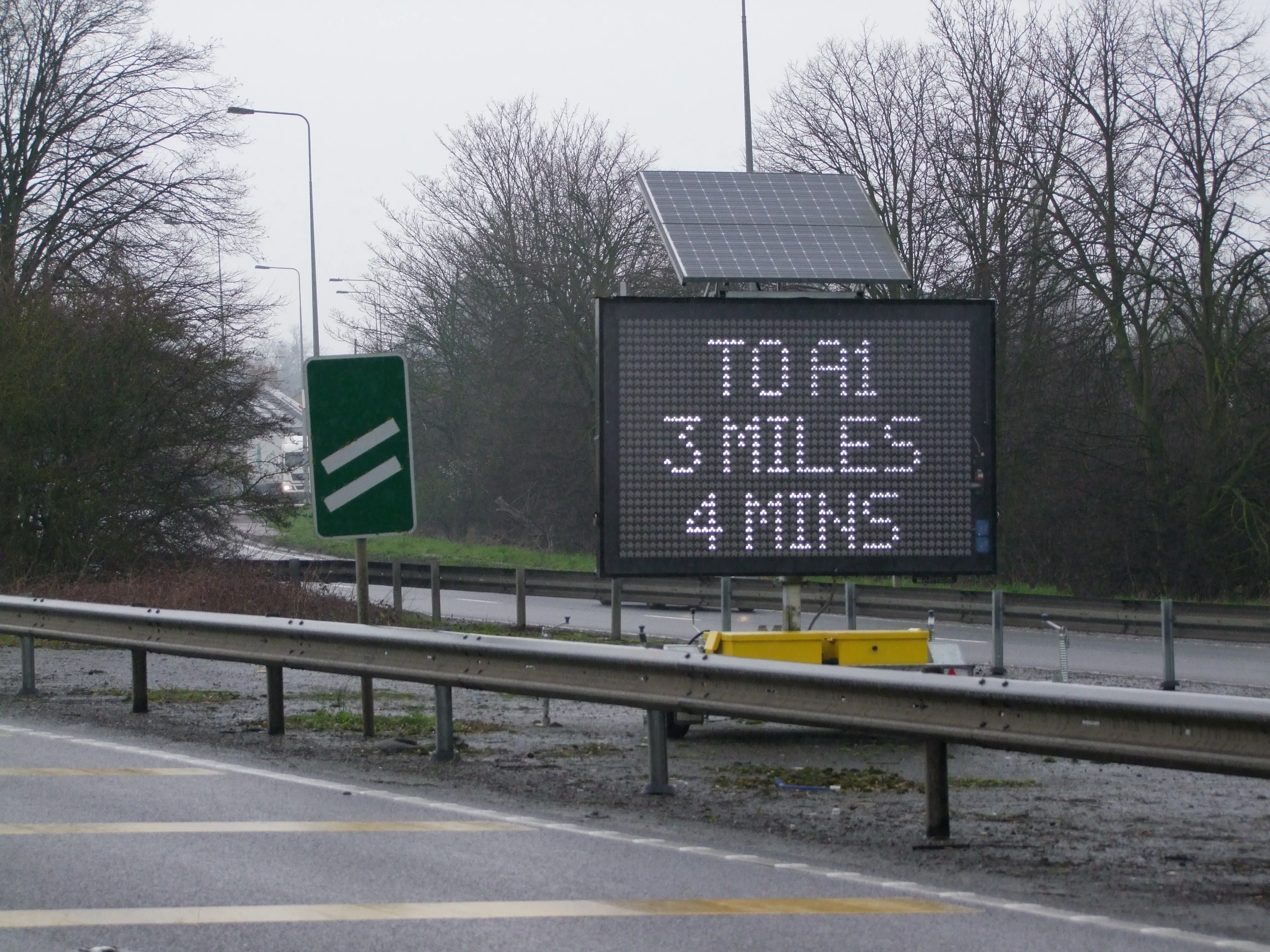UK maintenance company
Several automatic Readi
Ringway said that the implementation follows an incident where a member of the public drove straight through a road closure.
A system takes just two people to manoeuvre the component parts and assemble the barrier at the site entrance. The barriers can be operated remotely up to 20m away. However, a gateman is still required on some sites to facilitate access to certain areas of the site.
Ringway said that it has found Readi Barriers far more effective than signs and cones when it comes to deterring the public. Most people approach, see the barriers and do not stop to enquire, instead they turn around and go on their way, said Richard Whitaker, Ringway’s hub and programme manager.
“The feedback from our people on the North Yorkshire scheme has been very positive. Our frontline staff are well trained to deal with motorists who object to access controls, but this solution removes that flash point,” said Whitaker.
Ringway is part of
Ringwood is Readi
UK maintenance company Ringway says that it has invested in Readi Barriers to help improve the management of road closures and reduce the number of incidents with the travelling public.
Several automatic Readi Barrier systems have been trialled as an alternative way of enforcing road closures at sites in the English counties of North Yorkshire, Hertfordshire, Cheshire West, the East Midlands and Cambridgeshire.
September 1, 2017
Read time: 2 mins









